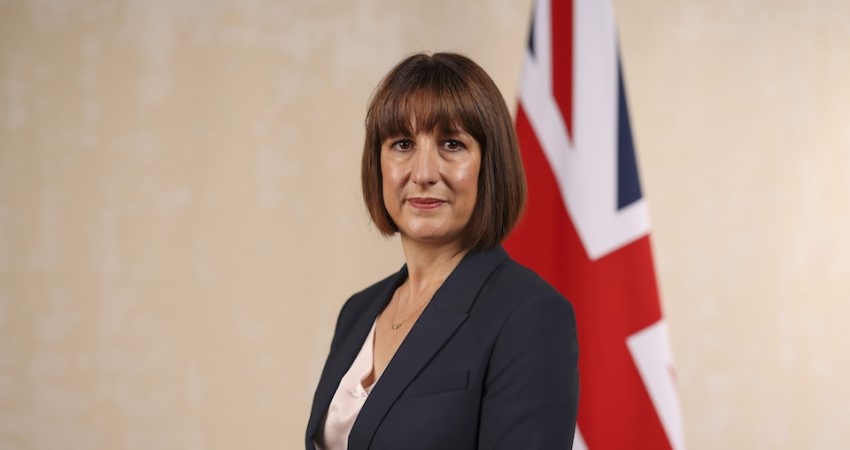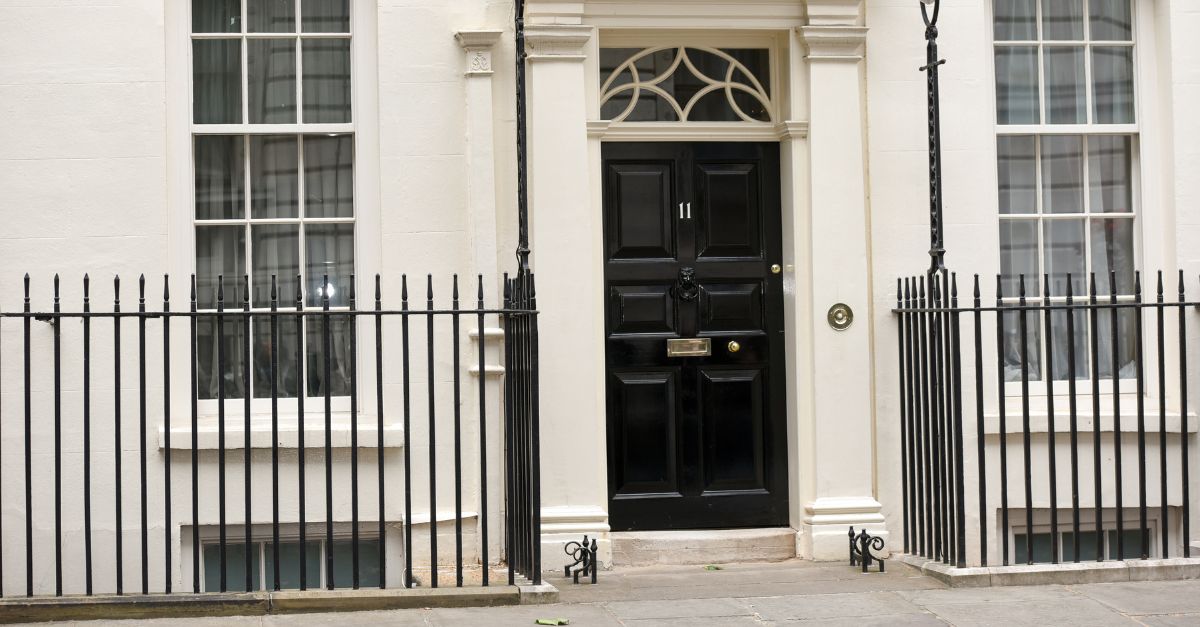Since taking up the role of Chancellor, Rachel Reeves' qualifications have faced significant scrutiny. Alan Nelson addresses the question of her economic expertise in our blog post 'Is Rachel Reeves an Economist?'.
The new Chancellor of the Exchequer Rachel Reeves is the first female to hold that position since it was created 800 years ago. Reeves has a history of asking tough questions and is not afraid of confrontation. She is known for tackling corporate scandals head on and for being highly critical of those involved. Will she be supportive of accounting and finance professionals now she is in power?
As a young chess enthusiast, Reeves won a British Under-14 girls chess championship title in a tournament organised by the British Women's Chess Association. Reeves joined the Labour party at sixteen. She studied politics, philosophy, and economics at Oxford and then took a Masters in economics at LSE. She worked at the Bank of England and in the banking sector for many years before being elected as an MP in 2010.

(Source: https://www.gov.uk/government/people/rachel-reeves)
In her political career, Reeves has focussed on business, becoming Chair of the Business Energy and Industrial Strategy (BEIS) Committee in 2017. There she oversaw government investigations into the collapses of Carillion and Thomas Cook. The BEIS committee concluded that the audit market needed fixing particularly on independence. Reeves referred to audit firms as parasites and called for an inquiry in the future of the audit profession. She believes that there is a delivery gap, that audit quality is not good enough, and that audit firms need to admit there is a problem before positive changes can be made.
Since becoming Chancellor in July 2024, she has focussed on her commitment to economic growth, job creation, house building, and tax reform. She is also passionate about encouraging more women into politics, whatever their political allegiance.
Her first statement made to HM Treasury as Chancellor included the comment:
"To every young woman and girl watching this: let today show that there should be no ceilings on your ambitions, your hopes, or your dreams. But there is a deeper responsibility too, to women whose work is too often undermined, who have borne the brunt of inequality, and whose lives and interests are too often excluded from economic policy making. Together we are going to change that.”
Stay up to date with all the latest changes in UK tax and earn some CPD points with our updates courses!

You need to sign in or register before you can add a contribution.